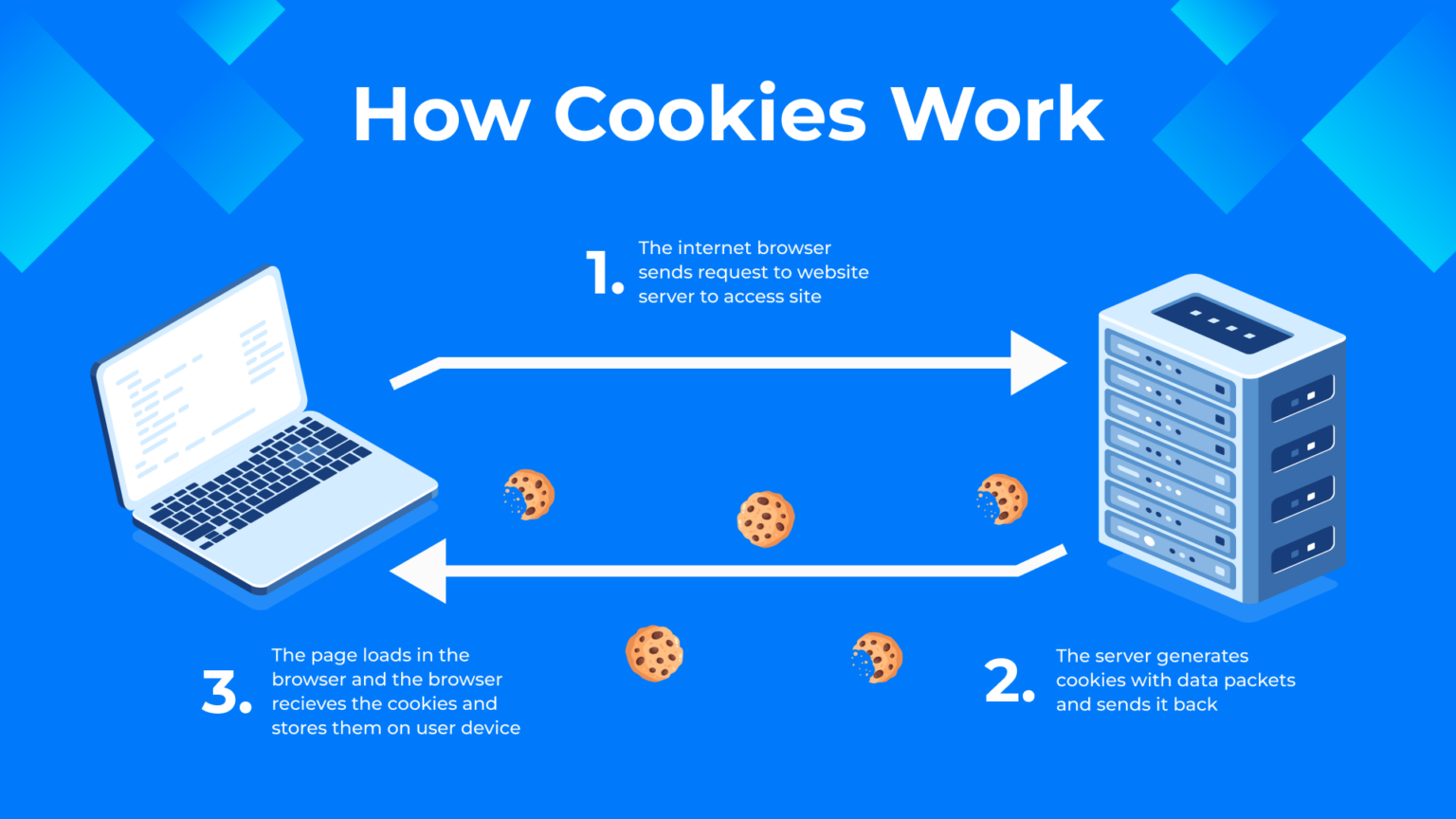Digital Marketing
Google's Sweet Treat: Search Engine Giant Backtracks, Third-Party Cookies Will Now Stay
In a significant shift from its original promise, Google has decided to terminate its plans of removing third-party cookies on websites. Initially set to be phased out by 2024, these cookies will now remain for website visitors and advertisers. This decision marks a notable change in the digital landscape as Google seeks to navigate the complex balance between user privacy and web functionality.
First, What Are Cookies?
Cookies are small pieces of data stored by websites on a user's device. They serve various functions, including tracking user activity, remembering login information, and personalizing user experience. If you’ve ever visited a website and saw a very interesting advertisement on the side of the screen, that’s the third-party cookies working for you.
For advertisers, cookies are invaluable as they enable targeted advertising based on user behavior and preferences. However, while cookies enhance convenience and site functionality, they have raised concerns about privacy and data security.

Image from BidsCube
Google's New Approach
Google's updated approach includes introducing a new user experience within its Chrome browser. This update will grant users greater control over cookies during their web browsing. The goal is to refine privacy controls without sacrificing the functionality that users rely on daily. This shift reflects Google's attempt to harmonize user privacy concerns with the practical needs of both consumers and advertisers.
The Impact of Google’s Decision on Advertising and the Web
The decision to keep third-party cookies impacts various aspects of the digital ecosystem. For advertisers, the continuation of cookies means uninterrupted access to valuable data that drives targeted campaigns.
“The number one impact is the internet is going to remain free,” executive vice president of global creative media and ecosystem at Kantar Steve Silvers told U.S. news outlet CNBC. “Without third-party cookies, website owners were struggling to figure out how to monetize their audiences and this is one of the reasons there’s been such an increase in gated or paywalled content in recent years.”
Access to third-party cookies helps sustain the free content model of the web, as advertisers fund much of the content that users enjoy. However, it also highlights the ongoing tension between user privacy and the need for effective advertising. While cookies facilitate targeted ads, they also raise concerns about data privacy and the potential for misuse.
Keep Your Cookies
Google's reversal decision about third-party cookies underscores the complex interplay between privacy, functionality, and advertising. While users will continue to benefit from cookies' convenience, advertisers can maintain their targeting capabilities. However, this decision also reflects broader trends in data privacy and the ongoing evolution of digital advertising practices. As Google and other industry players navigate these challenges, the future of cookie policies and privacy regulations remains an evolving story.
Want to stay updated on the latest digital marketing trends? PurpleBug it! Visit our website or follow us on our social media to stay informed about all things digital.